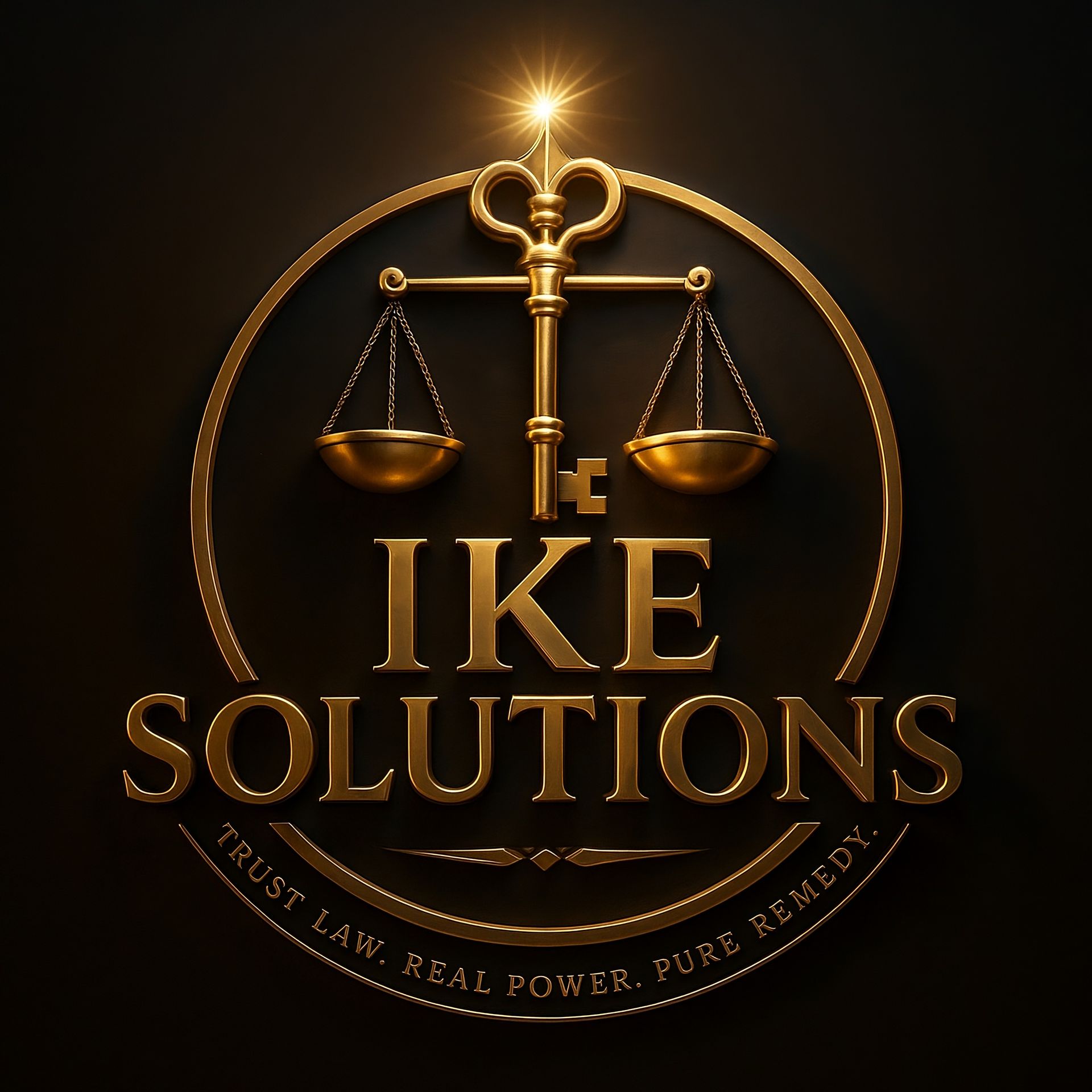Understanding Trust and Asset Protection for Financial Security
Introduction to Trust and Asset Protection
In today's uncertain financial landscape, safeguarding your assets has become more crucial than ever. Whether you're an individual or a business owner, understanding how to protect your wealth through trusts and asset protection strategies is essential for long-term financial security. This blog post delves into the fundamentals of trust and asset protection, providing you with the knowledge needed to make informed decisions.

What is a Trust?
A trust is a legal arrangement where one party, known as the trustee, holds and manages assets for the benefit of another party, called the beneficiary. Trusts are powerful tools for estate planning, allowing individuals to control how their assets are distributed after their passing. They offer flexibility and can be tailored to meet specific goals, such as reducing estate taxes or providing for loved ones.
Types of Trusts
There are several types of trusts, each serving different purposes:
- Revocable Trust: Allows the grantor to make changes or revoke the trust during their lifetime.
- Irrevocable Trust: Once established, it cannot be altered or revoked without the beneficiary's consent.
- Living Trust: A trust that is created during the grantor's lifetime and can be either revocable or irrevocable.
- Testamentary Trust: Established through a will and takes effect upon the grantor's death.
The Importance of Asset Protection
Asset protection involves strategies to safeguard your wealth from potential creditors, lawsuits, and other financial risks. By implementing asset protection measures, you can ensure that your hard-earned assets are preserved for yourself and future generations. This is especially important for business owners, professionals in high-risk industries, and individuals with significant personal wealth.

Common Asset Protection Strategies
Several strategies can be employed to protect your assets effectively:
- Limited Liability Companies (LLCs): Forming an LLC can separate personal and business liabilities, reducing personal risk.
- Insurance Policies: Adequate insurance coverage can protect against unforeseen financial losses.
- Retirement Accounts: Contributions to retirement accounts like IRAs and 401(k)s are often protected from creditors.
The Role of Estate Planning in Asset Protection
Estate planning plays a vital role in asset protection by ensuring that your assets are distributed according to your wishes while minimizing tax liabilities. A well-crafted estate plan includes not only wills and trusts but also other legal instruments such as powers of attorney and healthcare directives. These documents provide a comprehensive framework for managing your assets during your lifetime and beyond.

Choosing the Right Legal Assistance
Navigating the complexities of trust and asset protection requires expert legal assistance. It's crucial to work with an experienced attorney who specializes in estate planning and asset protection. They can help you establish robust strategies that align with your financial goals and provide peace of mind knowing that your assets are secure.
Conclusion: Securing Your Financial Future
Understanding trust and asset protection is an essential step towards achieving financial security. By implementing effective strategies, you can protect your wealth from potential risks and ensure a stable financial future for yourself and your loved ones. Take proactive steps today to safeguard your assets and enjoy the peace of mind that comes with knowing your financial legacy is secure.
